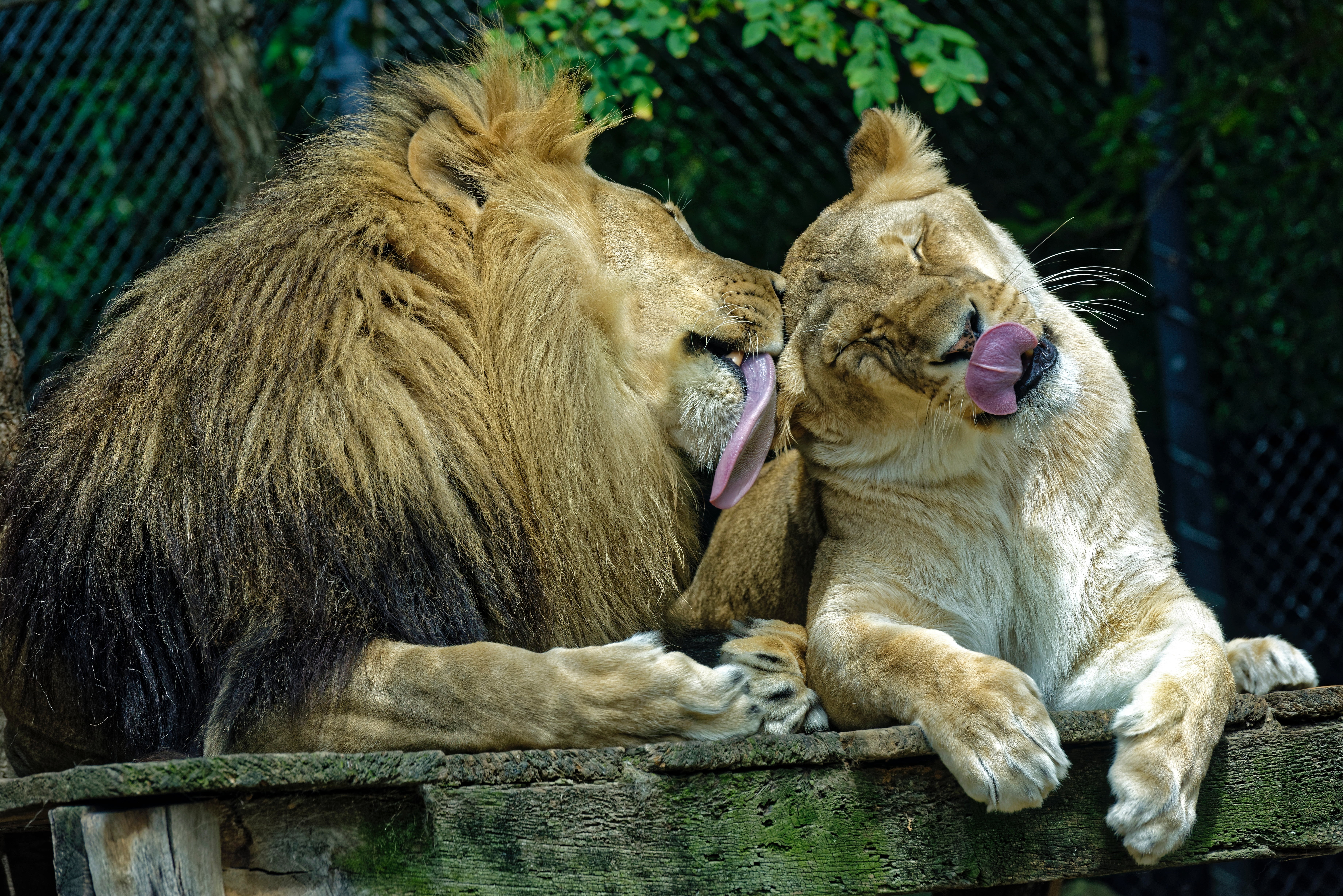Looking for a zoo that serves animals, not people
With a passion for improving animal welfare, Egyptian student Nardine Hanna worked alongside members of Wild Welfare, Animals Asia and Four Paws this summer, in an enrichment initiative at Hanoi Zoo in Vietnam. Nardine has previously volunteered at Egypt’s Giza Zoo in Cairo and in our latest blog she gives us her thoughts on what we all need to learn about zoo welfare.
There are many different types of zoos that exist today, but the ones of greatest concern are those that have been designed with little attention to the needs of the animals. A difficulty with such zoos is that they are often located in busy areas with tall buildings, places where you would never see a wild animal. This is why it’s easier to fascinate people with a tiger, even if it’s underweight, malnourished and living in a small cage.
But although it might make for a good one-day visit, for those of us who come back the next day, and the next, we come to realise how incredibly unnecessary it is for some of these animals to be held in such poor conditions. So why do substandard zoos continue to exist? A lot of people would be drawn towards a lack of funds as the primary reason, but to me, a bigger problem seems to be the lack of wildlife education and awareness.
It’s about knowing how to use the available resources to best suit an animal, and more importantly knowing when it will not be feasible to support certain individuals in captivity at all. This is why beyond funding, educational programs and staff training could go a long way to improving the state of a zoo.
Reflecting on my experiences, it’s ironic that zoos have helped me in one way – they’ve shown me what some animals are put through and given me more reason to sympathise with them. But the ability to feel pain is not the only thing we share with animals, and with all the colourful and fascinating embodiments of wildlife that exist, there are so many things left to learn. We just need to develop ways to educate ourselves without jeopardising animal welfare in the process.
The views, opinions and positions expressed by guest bloggers are theirs alone, and do not necessarily reflect the opinions of Wild Welfare or any employee thereof. Wild Welfare is not responsible for the accuracy of any of the information supplied by the guest bloggers. We accept no liability for any errors, omissions or representations. The copyright of this content belongs to the author and any liability with regards to infringement of intellectual property rights remains with them.
Image © Michael Steinberg on Unsplash





